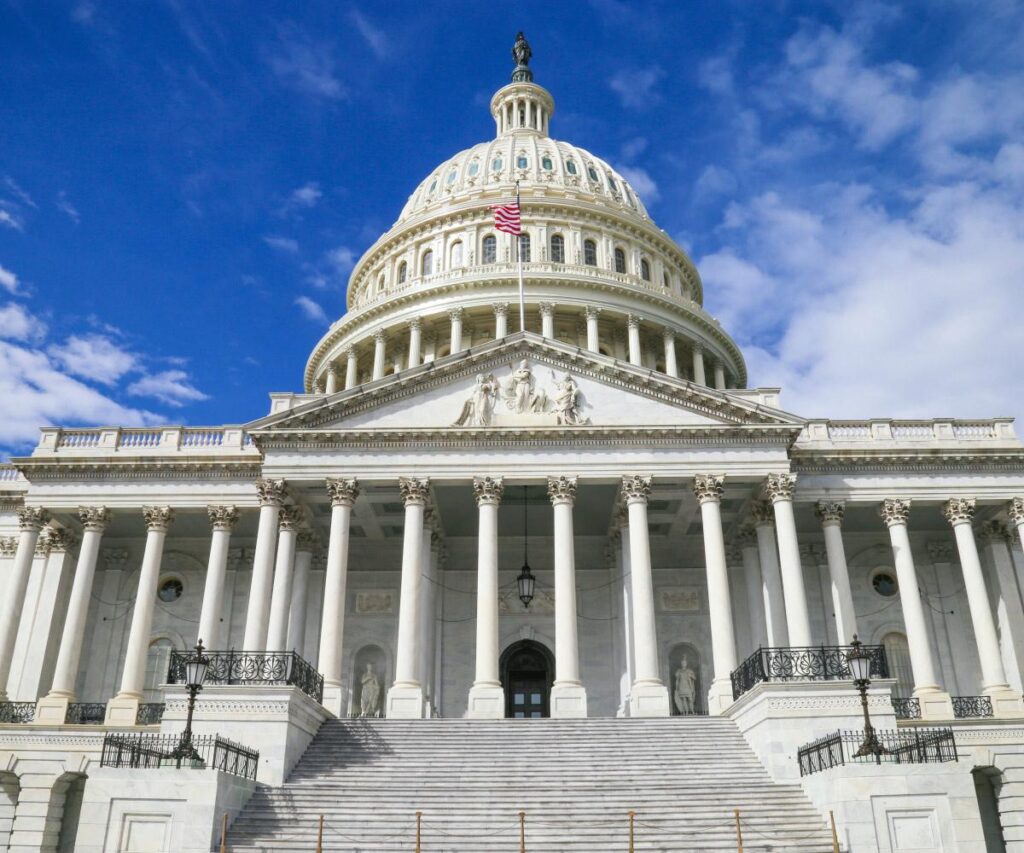In Uttarakhand, the government is taking a proactive step towards sustainability by planning to develop a plant for recycling lithium-ion batteries and e-waste. This initiative aims to address the growing concern of electronic waste management and the proper disposal of batteries to prevent environmental harm.
The plant will specialize in recycling lithium-ion batteries, which are commonly used in electronic devices such as smartphones, laptops, and electric vehicles. These batteries contain harmful materials that can have a negative impact on the environment if not disposed of properly.
Additionally, the plant will also focus on recycling e-waste, which includes old electronics like televisions, computers, and refrigerators. When e-waste is not recycled, it often ends up in landfills where toxic chemicals can leach into the soil and water, posing a danger to human health and the environment.
Sustainable Solution for Electronic Waste Management
Recycling lithium-ion batteries and e-waste is a sustainable solution to the growing problem of electronic waste management. By properly recycling these materials, valuable resources can be recovered and harmful substances can be safely disposed of, reducing the environmental impact of electronic waste.
The plant in Uttarakhand will utilize advanced recycling technologies to extract valuable materials from lithium-ion batteries and e-waste, such as lithium, cobalt, and copper. These materials can then be reused in the production of new electronic devices, reducing the need for raw materials and cutting down on mining and manufacturing processes.
In addition to the environmental benefits, recycling lithium-ion batteries and e-waste also has economic advantages. By recovering valuable materials from these materials, the plant can generate revenue through the sale of recycled materials and create job opportunities in the recycling industry.
Government’s Commitment to Sustainability
The government’s plans to develop a plant for recycling lithium-ion batteries and e-waste in Uttarakhand demonstrate a commitment to sustainability and environmental protection. By investing in recycling infrastructure and technology, the government is taking concrete steps towards a more sustainable future for the state.
This initiative also aligns with the government’s efforts to promote clean energy and reduce carbon emissions. By recycling lithium-ion batteries and e-waste, the plant will help to minimize the environmental impact of electronic waste and contribute to the transition to a greener, more sustainable economy.
Conclusion
Overall, the development of a plant for recycling lithium-ion batteries and e-waste in Uttarakhand is a positive step towards addressing the environmental challenges posed by electronic waste. By investing in recycling infrastructure and technology, the government is not only protecting the environment but also promoting economic growth and job creation in the recycling industry.



